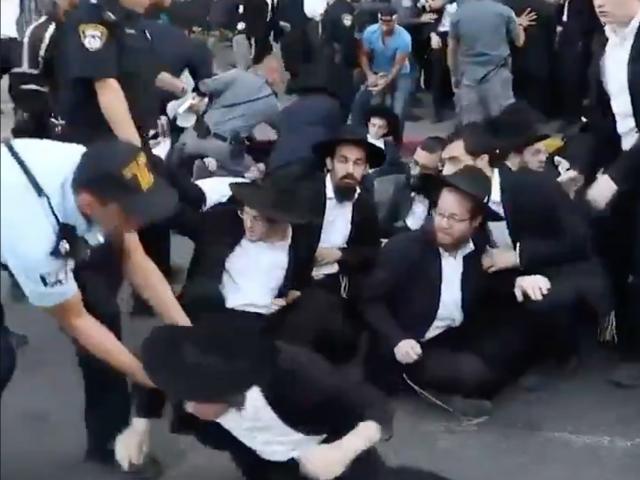In a recent move indicative of the complex interplay between national security demands and societal obligations, Israeli Prime Minister Benjamin Netanyahu has once again approached the High Court of Justice, seeking a 30-day reprieve to devise a comprehensive plan for augmenting the conscription of ultra-Orthodox (Haredi) individuals. This marks the latest in a series of postponements sought by the government, tallying four requests within a mere 24-hour span. Netanyahu's communication to the court underscores "significant advancements" toward mitigating a contentious issue that has long stood at the crossroads of legal and social debates, albeit impeded by the exigencies of the ongoing conflict which has monopolized governmental focus.
This development trails the government's inability to meet previously stipulated deadlines mandated by the court. Netanyahu's envisioned strategy delineates specific "tracks and frameworks" poised to facilitate the enlistment process while concurrently safeguarding the traditional lifestyle of Haredi individuals. This includes provisions allowing for continued Torah study, an element central to the Haredi way of life.
'The state of Israel needs more soldiers, more people to protect their borders'
— i24NEWS English (@i24NEWS_EN) March 28, 2024
i24NEWS Senior editor @guyAz breaks down the Israeli government's decision to stall the response to the high court on the Haredi draft pic.twitter.com/PFyBfLqwsE
The reaction from opposition quarters was swift and severe, with Opposition Leader Yair Lapid castigating Netanyahu for prioritizing coalition stability over national duty, particularly amid the backdrop of warfare. Lapid decried the extension request as an affront, staunchly opposing further delays.
The crux of the contention lies in the existing conscription exemptions afforded to Haredi men engaged in full-time religious studies, a policy buttressed by government stipends and perceived as inequitable by the broader Israeli populace. This has precipitated a legal intervention by the Supreme Court, which deems the current conscription framework as discriminatory, setting a deadline for legislative reform.
Quoting @ShukiFriedman, "the latest @JewishPolicy poll found that 79% of Israelis support the Haredi (Ultra-Orthodox) draft - any leader who is not prepared to enact this draft doesn't deserve the trust of the Israeli people." https://t.co/fmxikQkR9i
— Dr. Sara Yael Hirschhorn (@SaraHirschhorn1) March 27, 2024
Defense Minister Yoav Gallant and Minister Benny Gantz, key figures within the war cabinet alongside Netanyahu, have expressed reservations about the draft law's efficacy in significantly elevating Haredi military participation. The discourse has accentuated divisions within the government, with Gantz, in particular, signaling a potential coalition exit should the proposed legislation proceed.
The Haredi community's staunch opposition to military service, underpinned by a belief in the protective power of Torah study, juxtaposes sharply against the broader Israeli perspective which views military service as a unifying national duty. Recent protests in Jerusalem underscore the community's resolute stance against conscription, a sentiment that has heightened societal tensions, especially as Israel continues to navigate the complexities of a protracted conflict in Gaza.
IDF sources have said they cannot integrate all of the draft-eligible haredim and that it would probably take years to do so, if at all doable.
— Avraham Israeli Zionist 🇮🇱🇨🇦 (@IsraeliAvraham) March 28, 2024
Israeli gov't in crisis as Netanyahu, haredi parties fail to reach IDF draft deal https://t.co/123qzcwAiT
As the deadline looms for the government to present its conscription plan, the issue has not only reignited societal divisions but has also positioned itself as a potential fault line within the governing coalition. With Netanyahu's Likud party facing dwindling support in opinion polls, the resolution of this issue is critical not just for societal cohesion but for the stability of the current government amidst ongoing hostilities.


